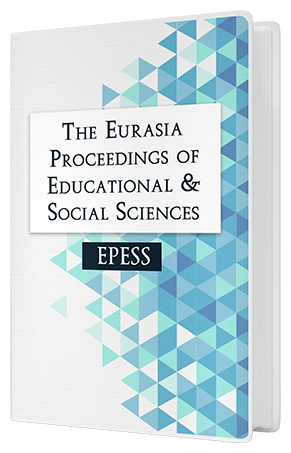University Students' Perceptions of Ethical Leadership and Work Ethics
DOI:
https://doi.org/10.55549/epess.1381967Keywords:
Ethical leadership, Generation Z, Starratt, Dimension of individualism-collectivismAbstract
To achieve the sustainable development goals, it is recommended that organizations worldwide set and adhere to ethical and governance standards. Workplace ethics is an expression of the values an organization holds towards its employees, and therefore includes the behavior of managers and their leadership style and practices. The young generations' perceptions of ethical leadership are worth exploring because they will be the decision-makers of the future. In our research, we interviewed Hungarian university students - mainly studying economics - about ethical leadership and work ethics who have had work experience (N=143). We developed our hypotheses based on Starratt's three-dimensional ethical model and conducted SEM analysis using SmartPLS4 software. We found that the Ethics of Justice factor influences the Ethics of Critique and Ethics of Care factors. Our results also show that achieving greater social justice is important to them in their decision-making. The surveyed Generation Z in Hungary considers the interests of both the individual and the community to be important for workplace ethics. Our research contributes to young people's understanding of ethics in the workplace and ethical leadership.Downloads
Published
Issue
Section
License
Copyright (c) 2023 The Eurasia Proceedings of Educational and Social Sciences

This work is licensed under a Creative Commons Attribution-NonCommercial-ShareAlike 4.0 International License.
The articles may be used for research, teaching, and private study purposes. Any substantial or systematic reproduction, redistribution, reselling, loan, sub-licensing, systematic supply, or distribution in any form to anyone is expressly forbidden. Authors alone are responsible for the contents of their articles. The journal owns the copyright of the articles. The publisher shall not be liable for any loss, actions, claims, proceedings, demand, or costs or damages whatsoever or howsoever caused arising directly or indirectly in connection with or arising out of the use of the research material. All authors are requested to disclose any actual or potential conflict of interest including any financial, personal or other relationships with other people or organizations regarding the submitted work.




